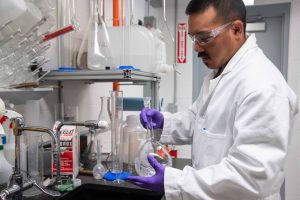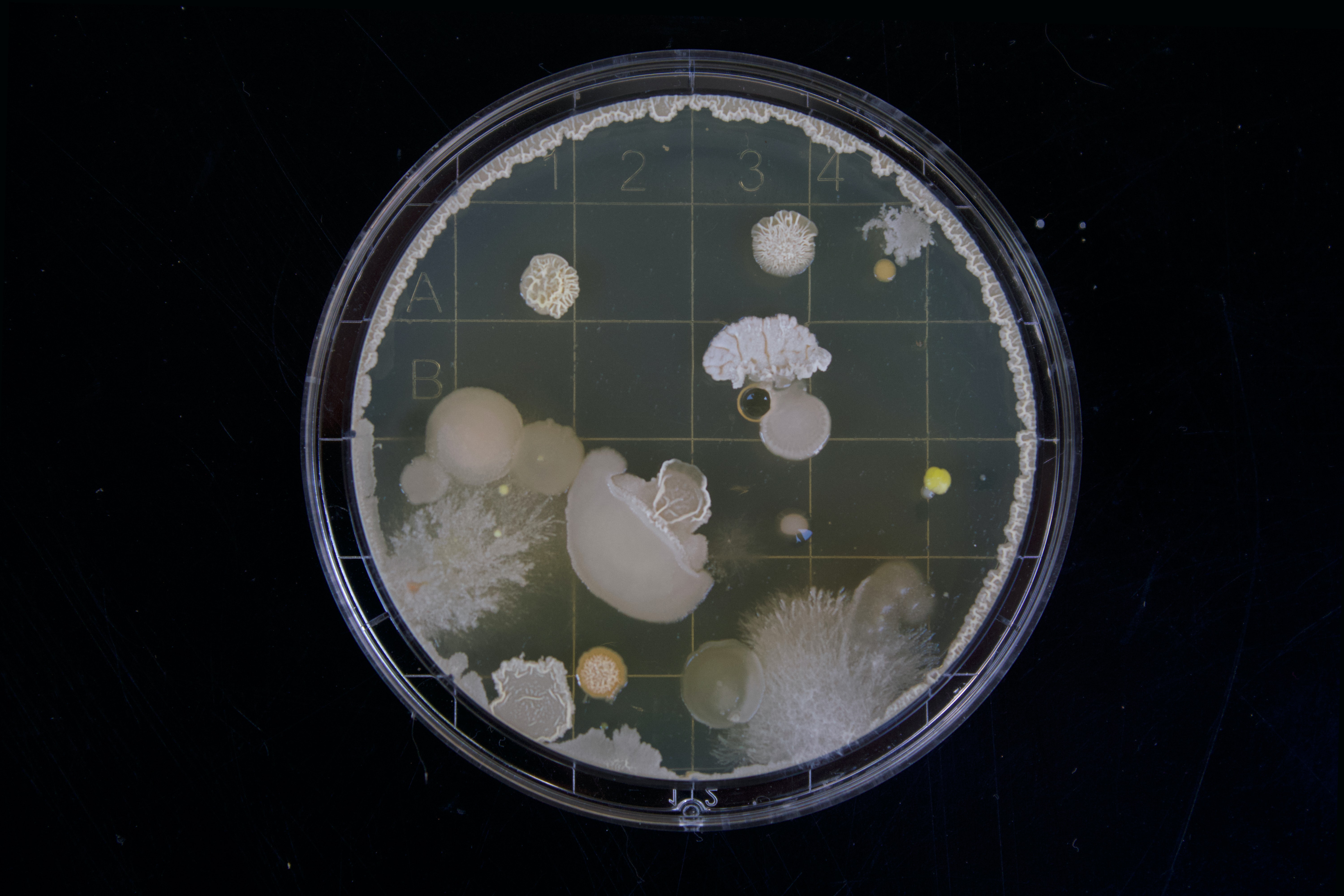Appeals court decision has far-reaching implications for drug patents.
A U.S. appeals court recently restricted antibody treatment patent claims, and legal experts are suggesting the decision may force biologics makers in the pharmaceutical industry to review protections for their products. The decision came about as a result of a feud between Amgen and Sanofi, which were competing for market share of PCSK9 inhibitors, cholesterol-reducing injectables. After years of conflict, the appeals court ruled two of Amgen’s patents for its Repatha cholesterol medication were invalid.
The methods Amgen used to assert claims in its patents were called to question, and because of this, pharmaceutical makers will need to be more careful when issuing patents in the future. This has the ruling raising questions about types of claims companies might be able to make about monoclonal antibodies.

Essentially, the court contended that an application is only complete if enough information about its invention is included, “so someone else could make the same invention without undue experimentation.” What the court took issue within Amgen’s case is that there was an exaggerated “functional claim,” or information regarding what its product does, “rather than actually describing the invention itself in greater detail.” The court, therefore, concluded, “an overly expansive functional claim that fails to disclose sufficient details could be considered invalid.”
In its patent claims for Repatha, a monoclonal antibody, “Amgen referred to all monoclonal antibodies that bind to a particular protein. However, this could have referred to hundreds or more antibodies, even though the patent fully described only a small number. As a result, someone would have to screen all those antibodies to see if any met the function claimed by Amgen,” the decision stated. This would have required “undue experimentation.”
“I think this is a huge deal,” said Jacob Sherkow, a law professor at the University of Illinois at Urbana-Champaign who specializes in patents and life sciences. “A huge swath of antibody patents out there is just like Amgen’s patents. So, if those are not valid under this new standard [issued by the appeals court], then one can think the other patents are also likely not to be valid. It puts a dent on the market power for those drugs. You total it up and do an analysis and I think you’re in the billions-of-dollars territory. That’s how much [revenue] would be wiped out if we get rid of somewhere between 10% and 50% of the antibody patent estates. So, it’s a significant case from an economic perspective.”
Robin Feldman, a professor at the UC Hastings College of Law, added. “In the end, the federal [appeals court] said the parameters were insufficient. The [court] did not completely slam the door on functional claiming. The space provided is so narrow, however, that it’s hard to imagine anyone fitting through it,” explained Robin Feldman, a professor at the UC Hastings College of Law. “This will place pressure on the pharmaceutical industry because drug makers have been hurtling headlong into the high-priced biologics market. The patent attorneys who work in the industry will now have to think long and hard about whether they will be able to rely on many of the patents in their portfolios, especially at biologic companies.”
Biologics makers will have to balance functional claims with those that clearly outline a product’s invention, or they may also have a day in court.
Sources:
A U.S. court ruling may force biologics makers to review patent protections


Join the conversation!